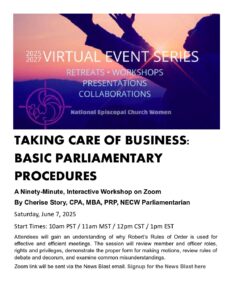Saying No to Gender Violence
Saying ‘No’ to Gender Violence
The Rape of Tamar
Thursday – December 4, 2025
5 pm – 6:30 pm (eastern)
Zoom Workshop
Link will be sent via email
Workshop will be recorded and posted to the NECW YouTube channel.
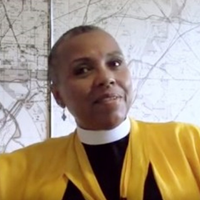

 Too often gender violence is condoned or ignored because “it’s in the Bible.” In our current time when there are voices that want to return woman and girls to the state of property and ignore the rights of our trans and non-gendered siblings, it is time to debunk hurtful myths and provide resources so all can have lives free of gender violence.
Too often gender violence is condoned or ignored because “it’s in the Bible.” In our current time when there are voices that want to return woman and girls to the state of property and ignore the rights of our trans and non-gendered siblings, it is time to debunk hurtful myths and provide resources so all can have lives free of gender violence.
This session will be facilitated by the Rev. Dr. Gayle Fisher-Stewart, national ECW chaplain. Bring your questions and resources to share on this most important topic.

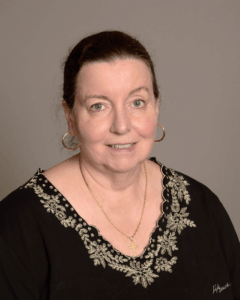 October 18th at 11:00am central
October 18th at 11:00am central The National Episcopal Church Women (ECW) join in joyful celebration and thanksgiving with the Episcopal Church as it welcomes its newest diocese — the Missionary Diocese of Navajoland — a historic and Spirit-filled step affirmed on June 24, 2025. After decades of faithful ministry, prayer, and perseverance, Navajoland is no longer just an area mission—it is now a fully recognized missionary diocese, embracing its sacred identity while moving boldly toward self-determination and leadership within the wider church.
The National Episcopal Church Women (ECW) join in joyful celebration and thanksgiving with the Episcopal Church as it welcomes its newest diocese — the Missionary Diocese of Navajoland — a historic and Spirit-filled step affirmed on June 24, 2025. After decades of faithful ministry, prayer, and perseverance, Navajoland is no longer just an area mission—it is now a fully recognized missionary diocese, embracing its sacred identity while moving boldly toward self-determination and leadership within the wider church. The National Episcopal Church Women (ECW) is called to action in support of Missing and Murdered Indigenous Women (MMIW), a crisis affecting Indigenous communities across the United States and beyond. As faithful women of prayer, compassion, and advocacy, the ECW recognizes the urgency of raising awareness, supporting healing, and partnering with Indigenous leaders to bring justice and protection to Native sisters and their families.
The National Episcopal Church Women (ECW) is called to action in support of Missing and Murdered Indigenous Women (MMIW), a crisis affecting Indigenous communities across the United States and beyond. As faithful women of prayer, compassion, and advocacy, the ECW recognizes the urgency of raising awareness, supporting healing, and partnering with Indigenous leaders to bring justice and protection to Native sisters and their families.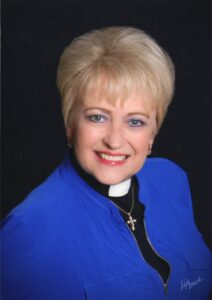
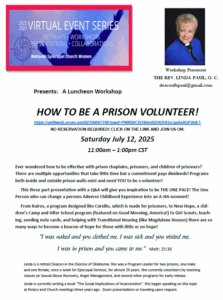
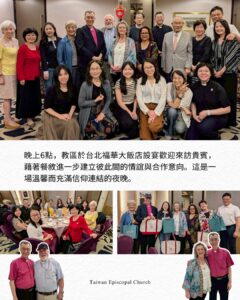 National ECW Officials Visit the Episcopal Diocese of Taiwan
National ECW Officials Visit the Episcopal Diocese of Taiwan THE GIRLS’ FRIENDLY SOCIETY
THE GIRLS’ FRIENDLY SOCIETY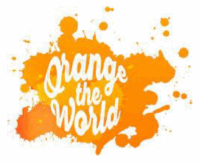 Orange Days” is not just a campaign, it’s a movement. It calls upon individuals, communities, and organizations to stand together in advocacy and awareness. By wearing orange, engaging in discussions, and supporting initiatives that address gender injustice, each person plays a role in creating a safer and more equitable world for all.
Orange Days” is not just a campaign, it’s a movement. It calls upon individuals, communities, and organizations to stand together in advocacy and awareness. By wearing orange, engaging in discussions, and supporting initiatives that address gender injustice, each person plays a role in creating a safer and more equitable world for all.
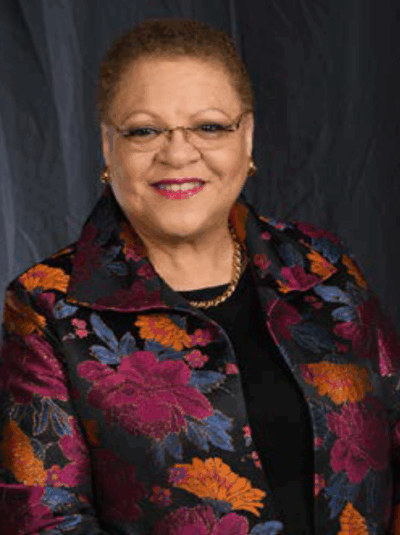 J CHERISE STORY, PRP is a Professional Registered Parliamentarian and active member of the National Association of Parliamentarians (NAP). She currently serves as the 2nd Vice President of the Texas State Association of Parliamentarians and was appointed coordinator for the NAP Leadership Conference in both 2024 and 2025.
J CHERISE STORY, PRP is a Professional Registered Parliamentarian and active member of the National Association of Parliamentarians (NAP). She currently serves as the 2nd Vice President of the Texas State Association of Parliamentarians and was appointed coordinator for the NAP Leadership Conference in both 2024 and 2025.